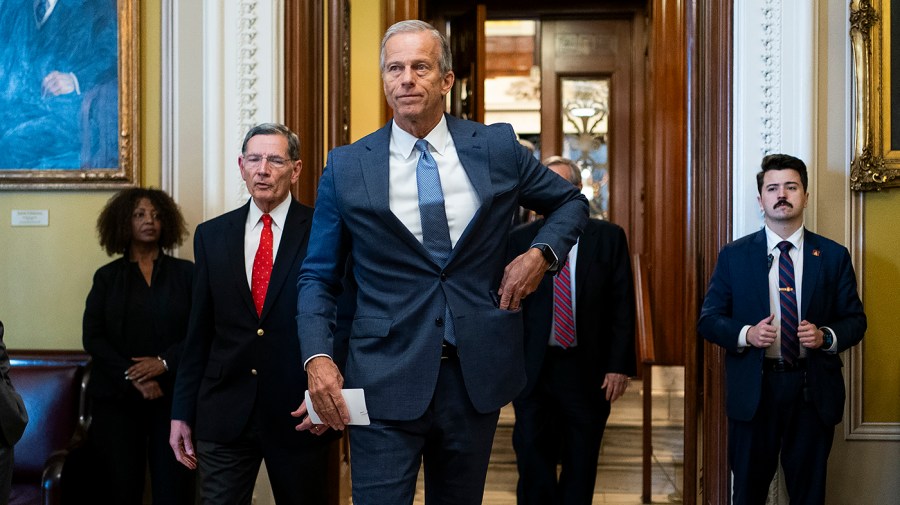The Senate passed a sweeping 1,016-page bill on Tuesday, enacting significant elements of former President Trump’s second-term policy agenda. The legislation, which includes provisions on tax cuts, Medicaid regulations, green energy restrictions, and the national debt limit, was approved after an intense 27-hour debate. Vice President Vance cast the decisive tie-breaking vote, underscoring the contentious nature of the bill.
This legislative package, often referred to as the “megabill,” represents a concerted effort by the Senate to implement policies that were central to Trump’s platform. The bill’s passage marks a significant victory for proponents who have been advocating for these changes since Trump’s presidency.
Key Provisions and Political Implications
The bill’s tax cut measures are designed to stimulate economic growth by reducing the corporate tax rate and providing relief to middle-income families. Proponents argue that these cuts will spur investment and job creation, although critics warn of potential increases in the federal deficit.
Changes to Medicaid regulations are also a focal point, aiming to grant states greater flexibility in managing their programs. This move is expected to lead to significant shifts in how Medicaid services are delivered, with potential impacts on millions of beneficiaries.
Meanwhile, the bill’s restrictions on green energy initiatives have sparked controversy among environmental groups. These provisions are seen as a rollback of efforts to combat climate change, with opponents arguing that they undermine progress toward sustainable energy solutions.
Historical Context and Expert Opinions
The passage of this bill is reminiscent of previous landmark legislation that sought to reshape the U.S. economic and social landscape. Historical parallels can be drawn to the Reagan-era tax cuts and welfare reforms, which similarly aimed to reduce government intervention and promote free-market principles.
According to Dr. Emily Carter, a political analyst and historian, “This bill is a clear continuation of the ideological battles that have defined American politics for decades. It reflects a persistent push by conservative lawmakers to limit federal oversight and promote individual state autonomy.”
“The implications of this legislation are profound, particularly in terms of fiscal policy and environmental regulation. It represents a significant shift in the legislative landscape,” Dr. Carter added.
Future Prospects and Challenges
As the bill moves to the House of Representatives, its future remains uncertain. While the Senate’s approval is a critical step, the House may propose amendments that could alter key components of the legislation. The potential for a protracted legislative battle looms, with both sides gearing up for intense negotiations.
Looking ahead, the implementation of these policies will likely face legal challenges, particularly from states and advocacy groups opposed to the changes. The judicial system may ultimately play a decisive role in determining the bill’s long-term impact.
The passage of this megabill is a pivotal moment in American politics, reflecting deep-seated ideological divisions and setting the stage for future policy debates. As lawmakers and stakeholders navigate the complex implications of this legislation, the eyes of the nation remain fixed on Washington.
